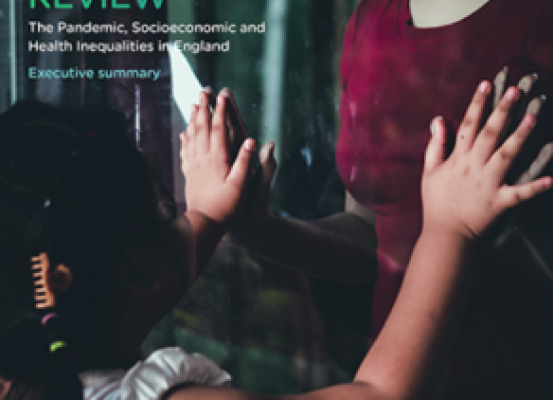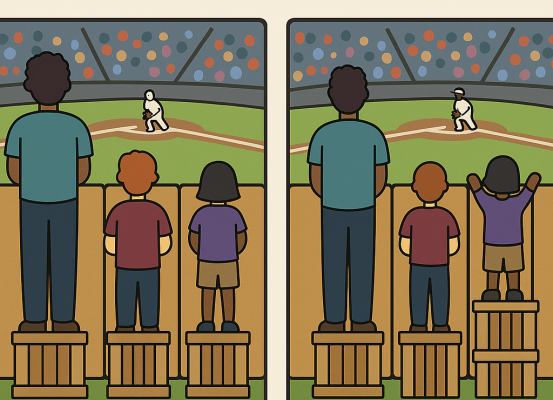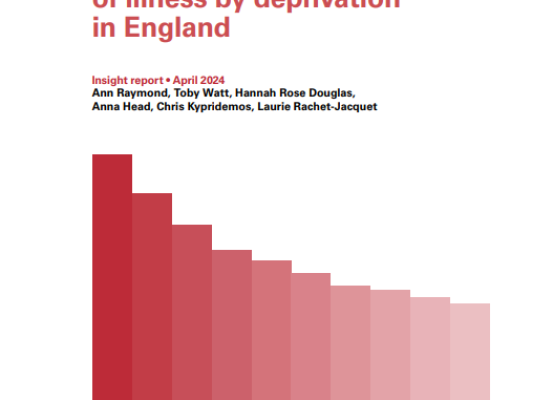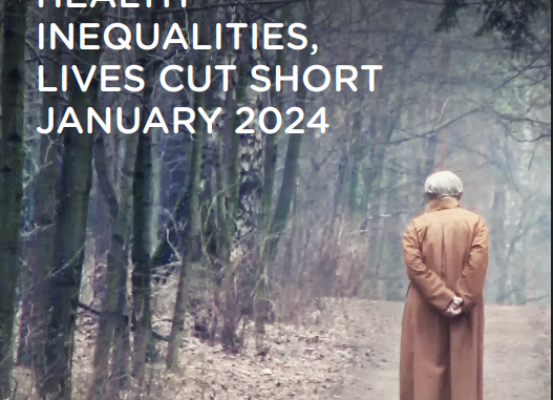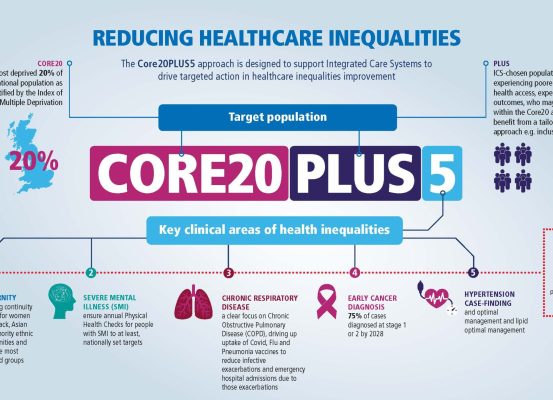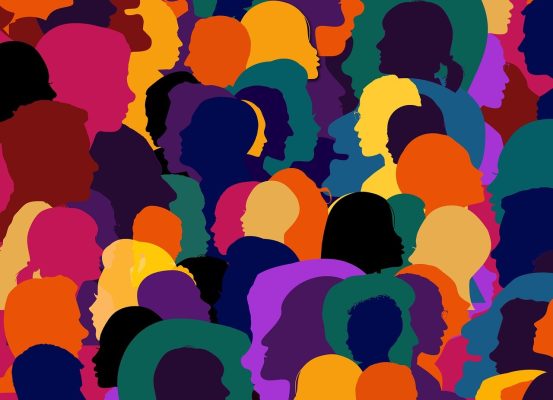Addressing health inequalities is at the centre of what we do: finding ways that health services can be shaped to become inclusive and accessible, and working with families to encourage and support them to access those services. The Breaking Down Barriers network of organisations, working at a grass roots level, is sharing good practice and exploring new ideas to help educate, empower, and provide an evidence base to promote equity of access to mainstream health services.
‘Health inequalities are not inevitable and can be significantly reduced… avoidable health inequalities are unfair and putting them right is a matter of social justice.’
What Do We Mean by Health Inequalities?
Health inequalities are the unfair and avoidable differences in people’s health and wellbeing. These differences aren’t just the result of personal choices or chance—they are shaped by many factors, such as where we are born, grow, live, work, and the diverse communities we are from.
Things like income, housing, education, discrimination, access to services, employment, and the environment around us all influence our health. When some groups consistently face disadvantages in these areas, they also experience poorer health outcomes. This might mean a shorter life expectancy, higher risk of illness, or fewer opportunities to live a healthy, fulfilling life.
Health inequalities affect communities across the UK and beyond. They are not inevitable—but they are deeply rooted in the systems and structures that shape daily life.
Why Tackling Health Inequalities Matters
1. Because everyone deserves the same chance to live well
Good health should not depend on where you live, how much money you have, or who you are. Reducing health inequalities helps create a fairer, more compassionate society.
2. Because they impact the whole community
When people face barriers to good health, it affects families, workplaces, and communities. Addressing these inequalities leads to stronger, more resilient communities where everyone can contribute and thrive.
3. Because prevention saves lives—and resources
Improving the factors that influence health early on prevents illness, reduces pressure on health and social care services, and supports better long-term outcomes.
4. Because it’s the right thing to do
At its heart, tackling health inequalities is about justice. It’s about ensuring that no one is left behind due to circumstances outside their control.
How We Can Make a Difference Together
Reducing health inequalities requires collective action. This includes supporting communities, designing services that work for everyone, challenging structural barriers, and listening to people’s lived experiences. When organisations, professionals, and communities work together, real and lasting change becomes possible.
Further information, resources, guides and toolkits, can be found below:



